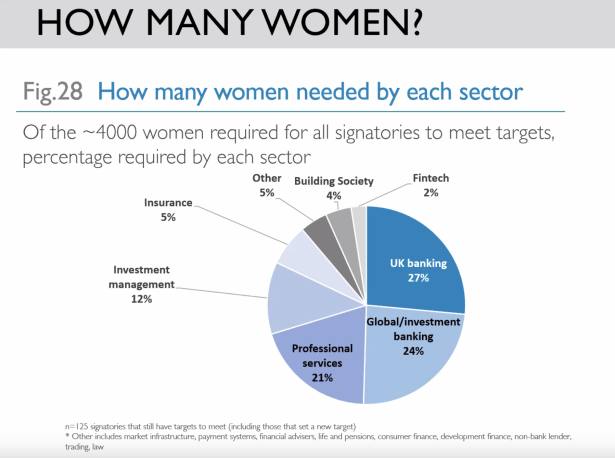
How often do you hear a young person say: “I want to be a financial adviser when I grow up?
It might surprise you to learn that research by Urban Synergy, the mentoring charity I founded in 2007, shows that young black boys are 20 per cent more interested in careers in the City than their white peers.
A survey of 600 pupils at 14 London schools with higher-than-average rates of free school meals found:
- Some 49 per cent are interested in applying for financial jobs
- Among those self-identifying as Black, this rises to 64 per cent
- When they do work experience in a financial body, such as M&G, WTW, Legal & General, Dynamic Planner or the London Stock Exchange that figure jumps to over 90 per cent.
This means that young people in urban areas are keen to sidestep academic underachievement, long-term unemployment and the lure of crime, and go into the many advising, tech, marketing, HR, data analytic and other relatively well-paid roles the financial world provides.
The question is, how can you help them get there?
In 2008, Urban Synergy worked with four boys aged 14 years of age that were part of the government's London Challenge Programme - Gavin, Kofi, Chad, and TJ.
Their teachers said they were bright but at risk of under achievement and exclusion (you can watch a video about them here).
My charity introduced them to relatable role models, found them mentors and work experiences to help them learn and find work. I used to go to see them at lunchtime at school. They were like, 'Who the hell is this woman?'
Fast forward to today as they approach their 30th birthdays. All of them have graduated from university.
Gavin is an SEO manager at CMC Markets; Kofi is vice-president at HSBC Innovation Banking, Chad is a sound Fx editor/sound designer, and TJ is relationship manager (financial markets) at Transaction Network Services.
They are all now mentors for Urban Synergy. Two of them are on corporate boards. The other two will be, I’m sure.
DE&I review
Last August, the Financial Conduct Authority and Prudential Regulation Authority launched a diversity and inclusion review into the non-financial risks of board groupthink and a lack of ‘appropriate challenge’. It is expected to report this summer.
Tackling the issues of low board participation by people from different social mobility and ethnic minority backgrounds will never be solved by simply recruiting those who make it to elite universities.
In our white paper published in March, we questioned whether the current trend of “recruiting your way to diversity” mirrors the ‘golden skirts’ phenomenon that started in Norway when business woke up to the fact that women were woefully under-represented on boards.
Rather than nurturing women and bringing them through their ranks to be senior executives, some companies appointed the same women to non-executive roles on more and more boards.
We argue that you need a real pipeline of talent in any business, just as chief executive Ben Goss is building at Dynamic Planner, as reported in FT Adviser: 'Diversity and inclusion is a supply and demand issue'.





